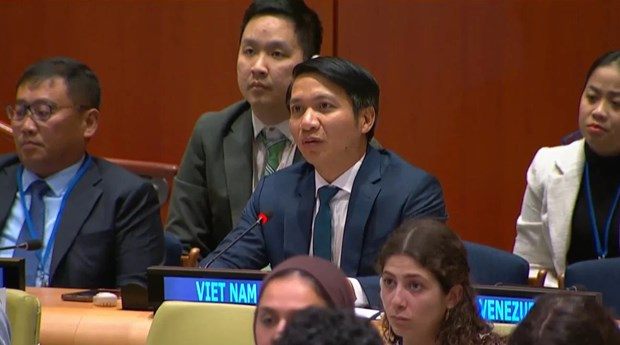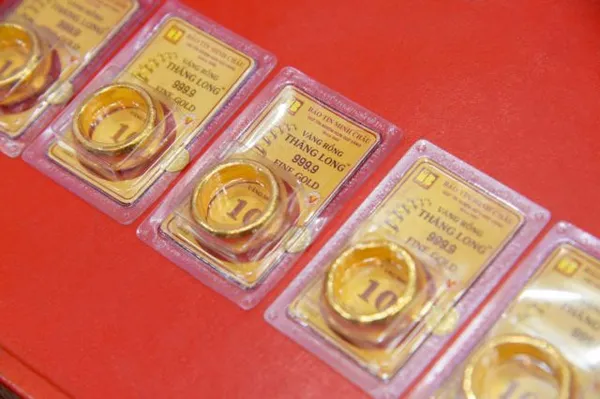

The "breakthrough" deal announced on Wednesday to resume handing out bailout money to Greece sounded like old times: the International Monetary Fund working with European countries again as official lenders to Athens.
WASHINGTON — The "breakthrough" deal announced on Wednesday to resume handing out bailout money to Greece sounded like old times: the International Monetary Fund working with European countries again as official lenders to Athens.
In the end, however, the anti-global crisis lender again refused to support Greece’s third rescue program with its own financial contribution.
The IMF said it won’t give another penny until it sees a concrete plan from the Europeans to substantially cut the country’s debt burden.
The agreement by the Eurogroup finance ministers failed to deliver that. The IMF is now focused on protecting its own reputation after the failure of the first two joint Greek rescue operations -- even if it sours relations.
But with the Greek economy still teetering with Athens owing the fund billions, can the IMF afford to stand back?
"Of course," says Thanos Catsambas, who represented Greece at the IMF until July 2015.
Compromising
Just by remaining involved in bailout negotiations, the IMF is doing a favor for Germany and other European heavyweights that want the fund to ensure Athens implements promised reforms, Catsambas said.
The landscape has changed since 2010 and 2012, when the IMF provided Greece with the largest loans it had ever given any country in trouble.
It agreed under heavy pressure from Europe, fearful that a Greek meltdown would fracture the eurozone itself. Even at the time, however, the IMF had doubts those plans would work.
The fund committed $65 billion to Greece in total, disbursing around $34 billion before the bailout programs ran into trouble.
"In 2010, Greece was so central in holding Europe together, and the IMF had to compromise on its principles and to go along with something they probably knew couldn’t work, but was aimed at avoiding a financial crisis," said Desmond Lachman, a former IMF official.
Now that the Europeans have their own financial stability mechanisms, Greece’s problems no longer threaten the broader eurozone economy.
The IMF is more prudent, too, after Greece missed debt payments of around $2 billion last year, the largest ever default the fund has incurred, threatening its credibility.
Although Greece finally made those payments, the risk of default remains: Athens still owes the IMF $16.2 billion.
Sustainability
Now the fund is insisting that any bailout program ensures Greece’s finances are "sustainable" -- that it will be able to both grow its economy and repay loans over the long term.
With Athens owing creditors hundreds of billions of dollars, the IMF says the Europeans must come up with a plan to lighten the burden to achieve sustainability.
That would require cutting interest rates, extending repayment periods and setting a long grace period before Greece must start repaying, the fund spelled out in a recent analysis.
"The Fund is saying let’s end the charade and let’s get serious," Lachman said. — AFP









